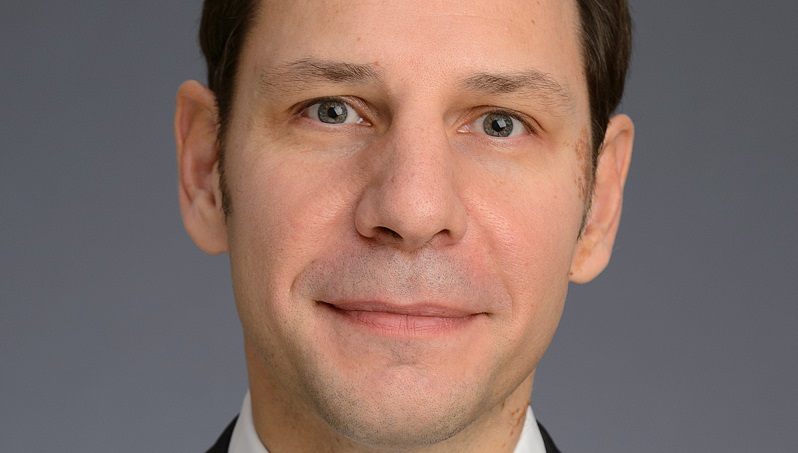It is increasingly clear that the economy of the future will not be based on the consumption of finite resources, but instead on a ‘circular economy’. According to the Ellen Macarthur Foundation, a circular economy has three main characteristics: it designs out waste and pollution; keeps products and materials in use; and focuses on the regeneration of natural systems.
The Fidelity Global Sustainable Water and Waste Fund is designed to benefit from this trend. Launched on 7 November 2018, it is the first of a sustainable investment family at Fidelity and is now €930m (£797m) in size. It invests in those companies providing solutions to the increasing demand for clean water, plus rising waste management and sanitation needs as populations become larger, wealthier and more urbanised.
Manager Bertrand Lecourt (pictured) says: “Urbanisation results in a lot of people in the same place doing the same thing, putting real pressure on the infrastructure.” Water isn’t just about washing – you need water for electricity generation, for example, to support consumption. There is likely to be real water scarcity, it is a very long-term and powerful story. It will affect all the countries in the world.”
Lecourt goes one step further, pointing out that management of water is fundamental to economic growth. In emerging markets, for example, if children aren’t walking for six hours a day to fetch water, they can go to school. In this way, better management of water has the power to change society.
The fund is around 80% invested in pure plays on the theme. Its top 10 holdings, for example, include French utility Veolia Environnement, purification group Woongjin Coway and American Water Works.
Lecourt invests in “companies helping clear up the mess” – those enabling better management of waste and water, such as transport, equipment and metering businesses. It’s a large universe, with around 350 investable companies, with a market capitalisation equivalent to around $1.5trn.
Lecourt says every year there are more and more companies coming into the universe from IPOs or spin-offs as the trend builds momentum. He adds that many of the stocks in the portfolio are under-researched, which provides an opportunity in itself.
“This is a long-term story. In 10-20 years, it will still be there. It is also diversifying and decorrelated from conventional markets. It is a new way of looking at the world.”
Unusually, Fidelity has sought to quantify the impact of an investment in the fund. Investors can now see that a £2,500 investment could, for example, provide water and waste for two families. Lecourt believes this analysis is something that will become increasingly important for investors.
Up close and personal
Greatest passion: Creating things from scratch.
One thing most people don’t know about you: I have surprising drawing skills.
The biggest influence in your professional career? My wife
What was your first job? Financial analyst – special situations, conglomerates, media, utilities at Goldman Sachs
Favourite food/film/sport/book: Traditional Japanese and fresh grilled fish; Once Upon a Time in the West; thai boxing; The Tartar Steppe











